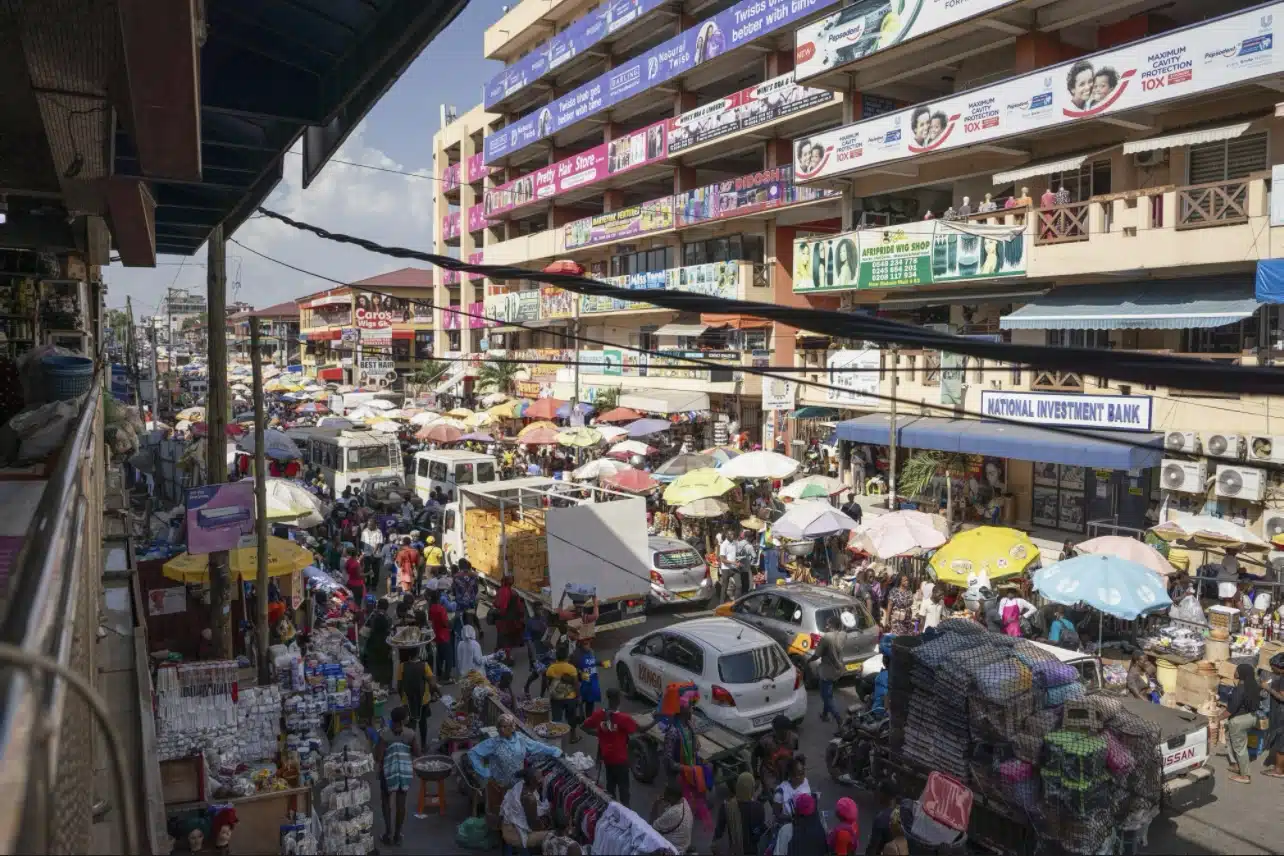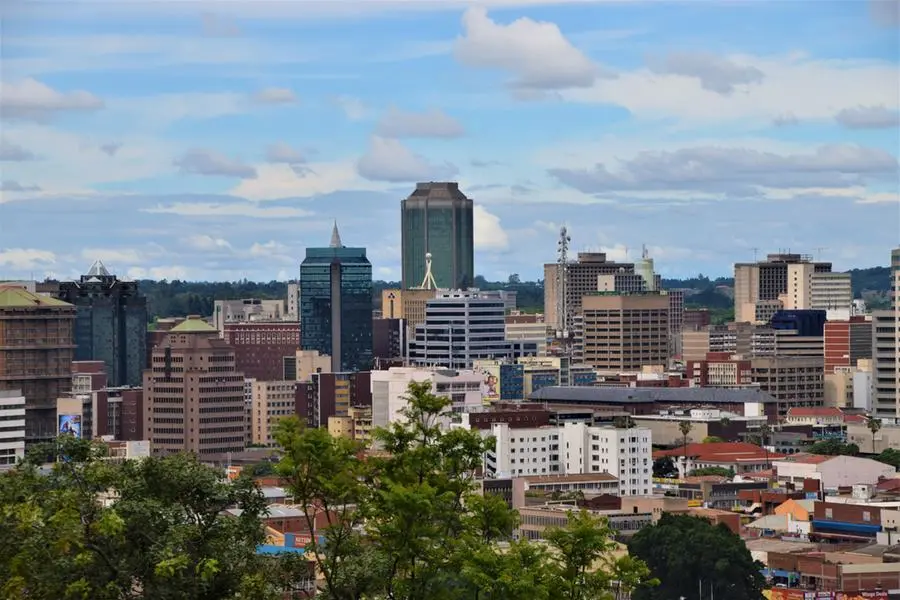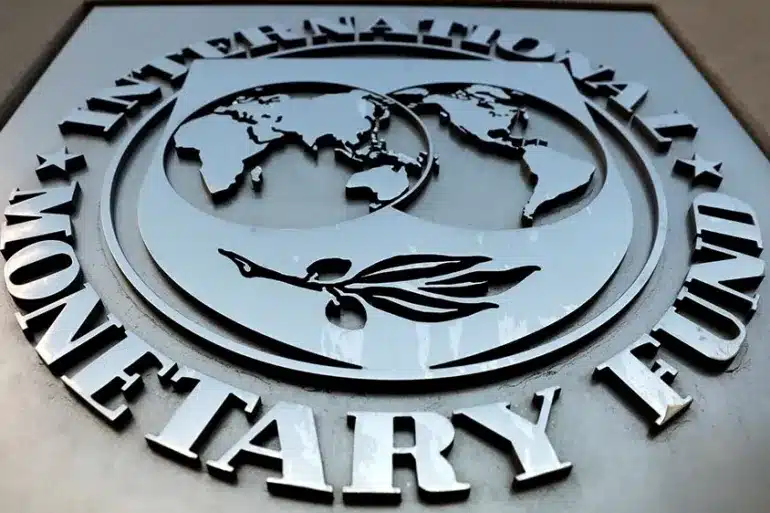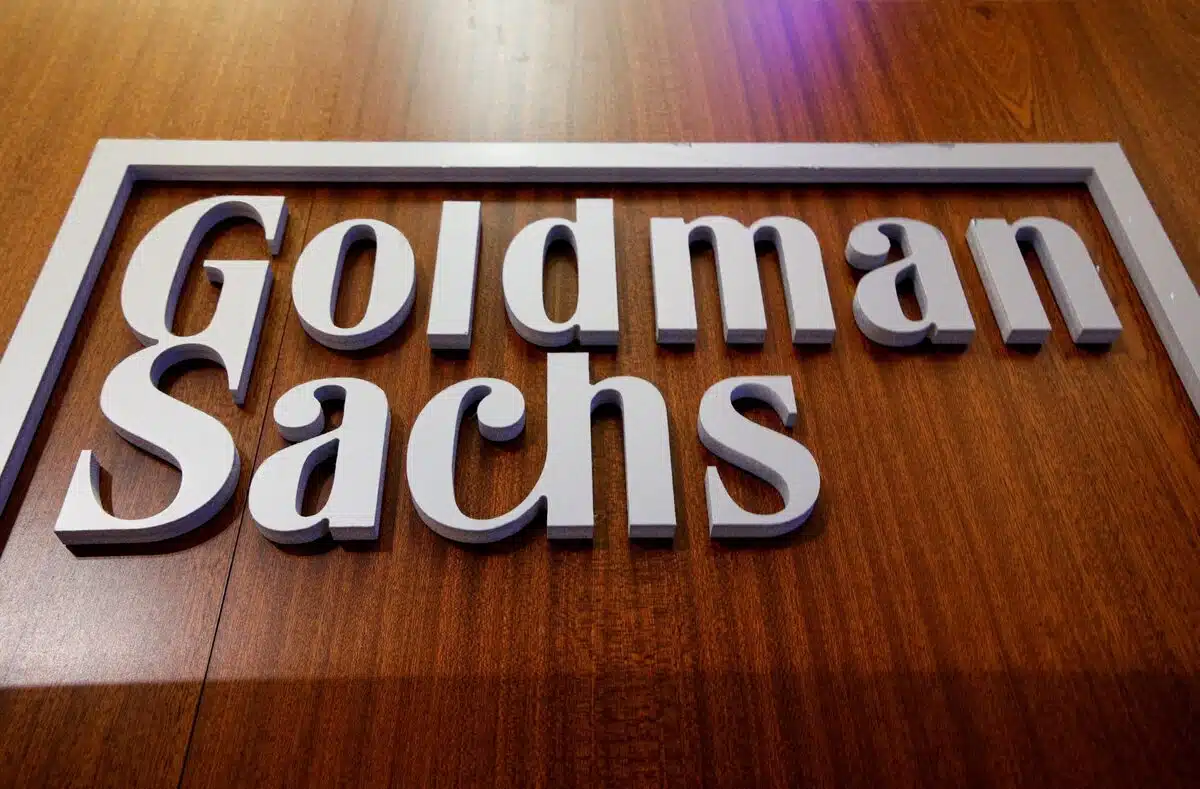Ghana’s economy expanded by 6.3% in the second quarter of 2025, compared with a revised 5.7% a year earlier, according to data released by the Ghana Statistical Service (GSS) on Wednesday.
The outturn also marked an acceleration from the 5.3% growth recorded in Q1, making it the fastest pace since Q3 2024, when growth reached 7.2%.
The performance underscores a steady recovery for the cocoa, gold and oil producer, which is emerging from one of its deepest economic crises in decades, driven by unsustainable debt levels.
The services sector was the main driver, expanding by 9.9% from just 2% a year earlier, powered by finance, information and technology, trade and education.
“The services sector recorded the highest real GDP growth of 9.9% (year-on-year), followed by the Agriculture sector at 5.2%, whilst the Industry sector recorded a growth rate of 2.3%,” the agency’s latest Gross Domestic Product report said.
Agriculture, alongside other services, also helped push non-oil GDP to 7.8% growth, cushioning the drag from weaker oil output. Provisional estimates show that that oil and gas sector contracted by 22.5% in real terms.
Inflation continues to ease
The stronger growth coincided with further progress on inflation, once the country’s most pressing challenge.
Consumer prices fell for an eighth consecutive month in August to 11.5%, the lowest level since October 2021.
Food inflation eased to 14.8% from 15.1%, while non-food inflation dropped to 8.7% from 9.5%.
The finance ministry expects year-end inflation of 11.9%, suggesting the disinflation trend remains intact.
The moderation extends a broader decline from early 2025, when inflation exceeded 20%.
Price growth fell from 21.2% in April to 18.4% in May and 13.7% in June, supported by elevated gold prices that boosted foreign-currency inflows and helped stabilise the cedi.
The cedi gained nearly 50% against the dollar in the second quarter, making it the world’s best-performing currency over that period.
Policy shift supports outlook
Monetary easing is expected to reinforce the recovery. In July, the Bank of Ghana delivered a record 300 basis-point cut to its policy rate, bringing it to 25%.
Another reduction is widely anticipated at the September 17 meeting, which would lower borrowing costs further for households and firms.
With services and agriculture driving activity, inflation easing and monetary policy turning accommodative, Ghana’s economic outlook is strengthening.










